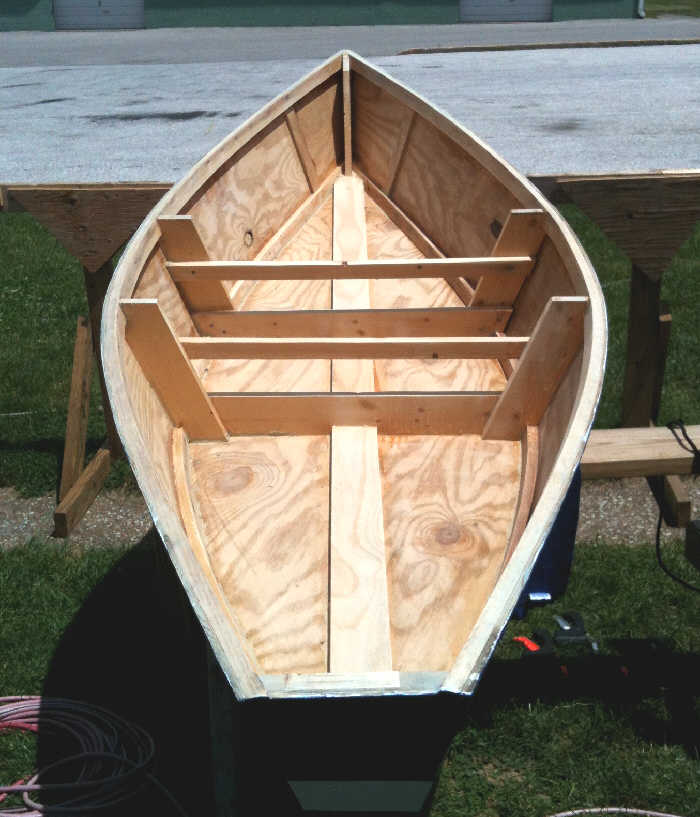
Wooden Boat Kits for Family Projects: Fun and Easy to Build? A Deeper Dive
Wooden boat kits offer a tempting promise: quality family time, a tangible achievement, and a beautiful boat at the end. But beyond the glossy brochures and YouTube tutorials, lie some crucial considerations often overlooked. This article delves into these less-discussed aspects, offering new perspectives for hobbyists, educators, and seasoned craftsmen alike.
Beyond the "Fun and Easy" Marketing: Realistic Expectations
Many kits advertise themselves as "easy," but "easy" is subjective. What constitutes "easy" for a skilled woodworker differs vastly from a family with limited experience. Let's explore some key questions:
Q: How much prior woodworking experience is *really* needed?
A: While some kits cater to beginners, don't underestimate the skill required. Basic tool knowledge (drilling, sawing, sanding) is essential. More complex kits demand proficiency in joinery, finishing, and potentially fiberglassing. Consider a "skill gap analysis" before committing. Start with a smaller, simpler project to gauge your family's capabilities before tackling a larger boat kit.
Q: What about the "hidden" costs?
A: The kit price is only the beginning. Factor in additional tools (clamps, specialized saws, etc.), finishing materials (paint, varnish, sealant â€" often significantly more expensive than anticipated), and potential unforeseen expenses (wood repairs, mistakes requiring replacement parts). A detailed budget, exceeding the advertised kit price by at least 30%, is crucial.
The Family Dynamics Factor: Turning Teamwork into Triumph
Building a boat together sounds idyllic, but family dynamics can dramatically impact the project's success. Addressing potential challenges proactively is key:
Q: How do you manage differing skill levels within a family team?
A: Assign tasks according to individual abilities. Younger children can participate in simpler steps like sanding or painting, while adults handle more complex joinery. Clear task delegation, patience, and celebrating small victories are vital. Consider breaking down the project into manageable phases with achievable milestones.
Q: What happens when conflicts arise?
A: Disagreements are inevitable. Establish clear communication channels. Pre-project discussions about roles, responsibilities, and conflict resolution strategies can prevent simmering resentments. A "family project agreement," outlining expectations and responsibilities, can be incredibly helpful.
Beyond the Boat: Educational and Skill-Building Opportunities
Wooden boat kits offer far more than just a finished product; they provide invaluable educational and skill-building opportunities:
Case Study: The Miller Family's "Sea Serpent" Saga
The Miller family, comprised of two adults and two teenagers, decided to build a small sailboat kit. While initially enthused, they encountered unexpected challenges. Their pre-project planning lacked detail, leading to tool shortages and material miscalculations. Disagreements arose over task assignments and project pace. However, by adapting their approach, learning from mistakes, and emphasizing teamwork, the Millers completed their "Sea Serpent," gaining invaluable life lessons along the way. Their experience underscores the importance of realistic expectations, detailed planning, and strong communication.
In conclusion, while wooden boat kits offer incredible potential for family bonding and skill development, success hinges on careful planning, realistic expectations, and a proactive approach to potential challenges. By addressing these less-discussed aspects, families and educational institutions can maximize the benefits and transform a potentially stressful project into a rewarding and memorable experience.








No comments:
Post a Comment
Note: Only a member of this blog may post a comment.